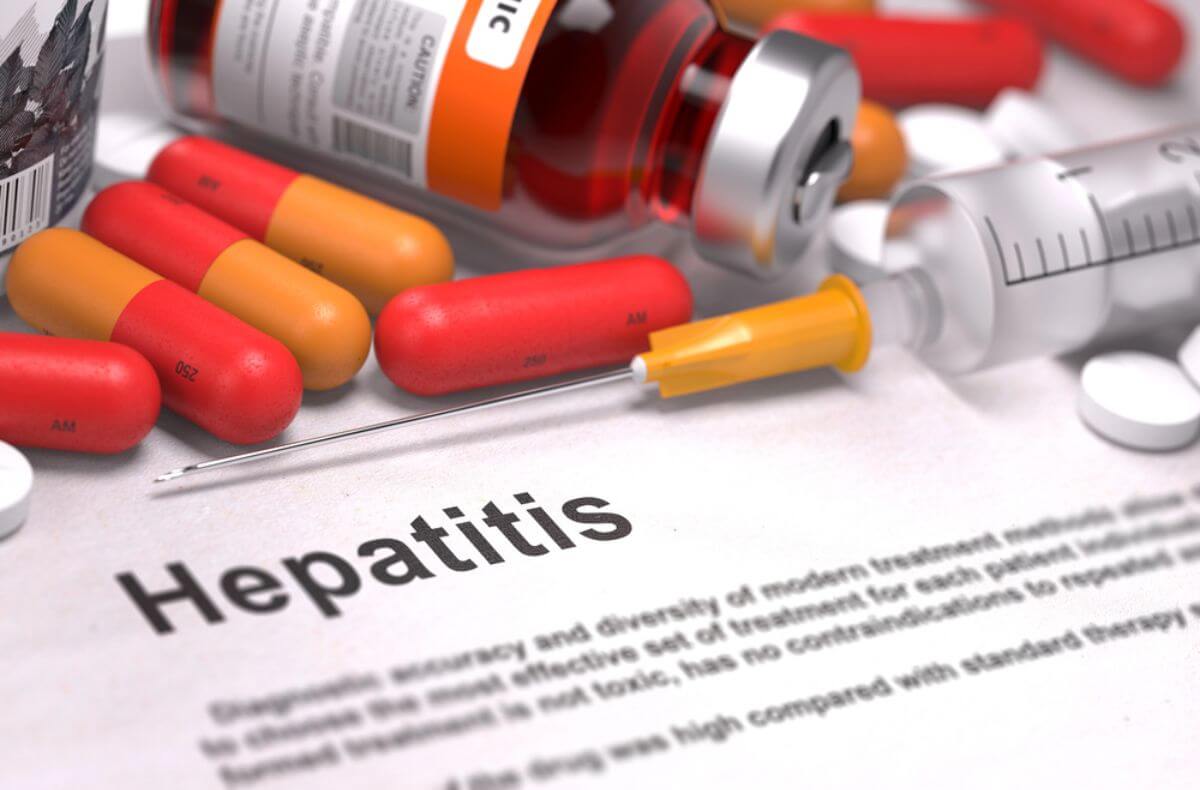What are the prevention and treatment options for Viral Hepatitis?
- Hepatitis vaccination
- Blood transfusion screening
- Proper hygiene practices
- Regular drinking of water
- Food hygiene and safety
- Safe sex methods
Overview
- Viral hepatitis is a liver infection that can cause severe complications if untreated. In the Philippines, hepatitis B is a major health concern, while hepatitis A and E spread through contaminated food and water.
- Prevention includes vaccination, proper hygiene, blood screening, safe sex, and hydration. Early diagnosis and medical care are crucial.
Viral hepatitis is a serious liver infection that causes inflammation and damage, potentially leading to chronic disease, cirrhosis, and liver cancer if left untreated.
Hepatitis B affects one in eight adults in the Philippines, while hepatitis A and E are spread through contaminated food and water. Many cases go undiagnosed, straining the healthcare system. Vaccines and treatments exist, but raising awareness is vital. Here are key prevention and treatment options for viral hepatitis.
Seeking medical attention from reputable healthcare providers, such as Perpetual Help Medical Center – Las Pinas, can help with early detection and management. If not properly treated, chronic hepatitis can result in liver damage, cirrhosis, or even liver cancer. Symptoms may not often show immediately, but regular screenings are important for those at risk.
Hepatitis Vaccination

Hepatitis vaccination is a vital public health measure that helps prevent serious liver diseases. Vaccines are available for hepatitis A and B, both proven effective in preventing infections.
The hepatitis A vaccine is recommended for children at one year and at-risk adults, such as travelers, given in two doses six to twelve months apart. The hepatitis B vaccine is administered in three doses, starting at birth, with follow-ups at one to two months and six months. This vaccination is crucial for high-risk groups, including healthcare workers. By providing immunity, these vaccines significantly reduce the risk of chronic hepatitis infections.
Blood Transfusion Screening
This involves testing donated blood for transmittable diseases, ensuring the safety of the blood supply for receivers. This screening usually checks for pathogens, including HIV, hepatitis B and C, and diverse infections to reduce the risk of passing on diseases during transfusions.
This medical measure is very important because it safeguards patients from potentially lethal infections that could be communicated through contaminated blood. By carefully testing donated blood, we ensure that recipients receive secure, high-quality transfusions, resulting in greater health results.
Ultimately, this crucial method helps save lives and elevates confidence in the healthcare system.
Proper Hygiene Practices
Proper hygiene is a non-negotiable aspect of our daily life, including the regular washing of our hands and not sharing personal items.
Hand hygiene is a significant practice to prevent the spread of infections, such as viral hepatitis. It helps out bacteria, including hepatitis A and E, which can be transmitted through contaminated food and water, as well as through direct contact with infected persons.
To prevent such infections, wash your hands before eating, after using the comfort room, and after handling raw foods or contaminated surfaces. Washing with soap and water for at least 20 seconds effectively eliminates pathogens; even the use of alcohol-based hand sanitizers.
Meanwhile, personal items like needles must not be shared to prevent transmission of hepatitis B and C, as these can be easily passed on through blood contact. Not sharing your belongings significantly reduces the risk of contracting serious liver illnesses and contributes to overall public health safety.
Regular Drinking of Water
Water hydration plays an essential role in supporting your overall liver health and can help boost the body’s immune response against infections, like viral hepatitis. Sufficient drinking of water ensures optimal functions of your liver, which facilitates detoxification methods and the prevention of liver-related complications.
It helps maintain the integrity of bodily fluids that are vital for flushing out toxins and supporting metabolic functions. It can also enhance digestion and nutrient absorption, which are important for overall wellness and the body’s ability to heal from infections.
While hydration alone cannot prevent viral hepatitis, maintaining appropriate fluid intake is a key factor of a healthy lifestyle that supports liver health and strengthens the immune system against viral infections.
Food Hygiene and Safety
Proper food hygiene and safety help prevent infections like hepatitis A and E, which spread through contaminated or undercooked food. Consuming raw or improperly cooked shellfish, fish, or meat exposed to fecal matter increases the risk of infection.
Cooking food to safe temperatures eliminates harmful pathogens, reducing the likelihood of viral hepatitis and other foodborne illnesses. Ensuring food is thoroughly cooked is a simple yet effective way to protect against these infections and maintain overall health.
Safe Sex Methods
Using protections, like condoms, and knowing how to use them can significantly reduce the risk of exposure to infected bodily fluids, making it an important component of safe sexual practices.
This demonstrates the relevance of open communication with your partners about sexual health, including the history of hepatitis infections, eliminating the risk of transmission, and promoting well-informed decisions regarding sexual intercourse.
By adopting this safety net, individuals can efficiently minimize the harmful effects of contracting viral hepatitis, thus contributing to better sexual health and overall well-being.
Key Takeaway
Viruses and infections are serious health problems that need to be managed and treated early. This is to prevent more severe hepatitis illnesses, like chronic hepatitis, cirrhosis, and liver cancer. Understanding some prevention and treatment options for viral hepatitis not only ensures safety and early diagnosis but also helps you maintain your overall vitality.
At Perpetual Help Medical Center, we have professional Las Pinas doctors who provide high-quality healthcare. Our comprehensive approach to managing and treating conditions like viral hepatitis ensures that you receive the best care possible. Reach out to us today for more information or to schedule a consultation.

